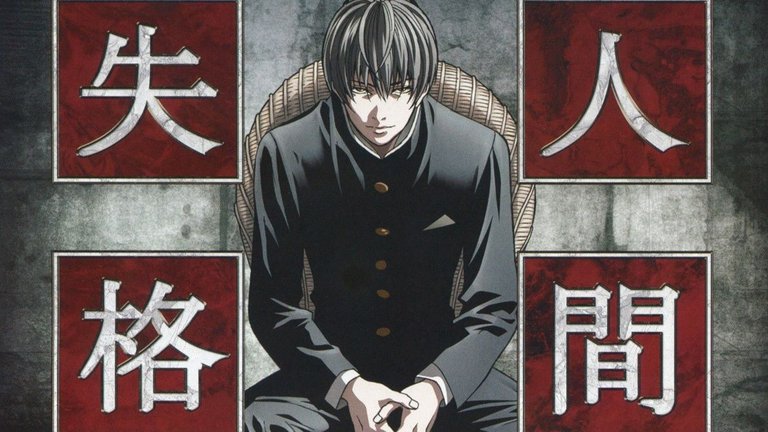
Just this Monday I finished an anime series that's about the stories from classic Japanese literature, and now I can really say that I'm officially back with the dark themed anime! I don't know—but anime with depressing plots and twisted characters resonates with me well. For me, their stories have more impact and gripping effect, so I tend to seek anime like them—that's why for today, I'm going to share another dark anime recommendation that you probably have heard before. This series is an anime adaptation of the novels written by prominent Japanese authors from the 20th century. Be with me as we take a peek at the adaptation of those timeless Japanese classics—and on how their characters mirrored their authors, who almost considered themselves no longer human.
About the Anime
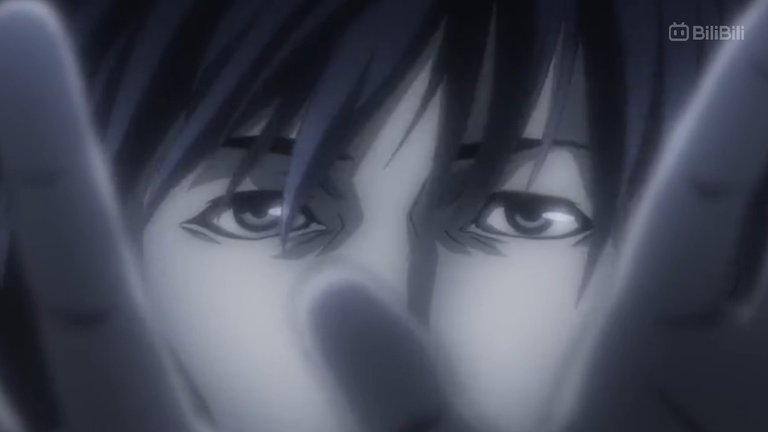
Aoi Bungako (Blue Literature) is an anime that adapted the renowned Japanese novels and stories made by various authors of the 20th century. This anime premiered in the fall of 2009. This series aired from October 11, 2009, to December 27, 2009, and was animated by Madhouse. I think its genres vary across the stories, but drama and suspense were definitely in each of them. Since those stories were based on classic literature, one of its main themes is historical while the other is psychological. It has 12 episodes that were based on novels such as Ningen Shikkaku (No Longer Human) by Dazai Osamu, Sakura no Mori no Mankai no Shita (Under the Full Bloom of Cherry Blossom Forest) by Sakaguchi Ango, Kokoro by Natsume Souseki, Hashire, Melos (Run, Melos) by Dazai Osamu, Kumo no Ito (The Spider's Thread) and Jigokuhen (Hell Screen) that were both by Akutagawa Ryuunosuke.
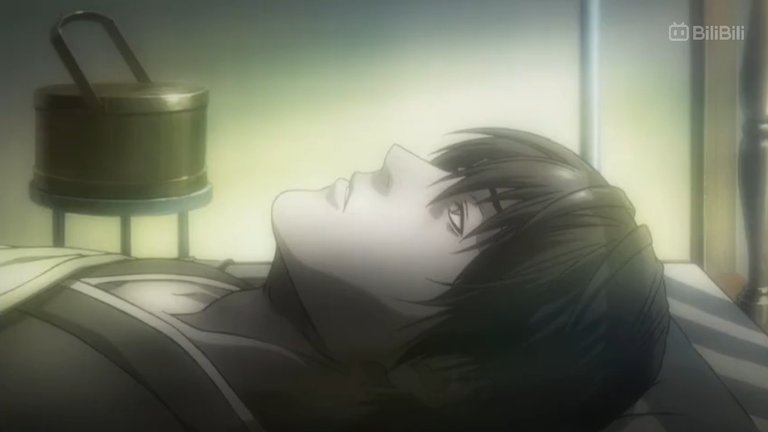
Living an embarrassing life, Youzou never understood how humans truly lived. Perhaps it's because of his traumatizing childhood that forced him to wear a mask that hides his true feelings. Soon enough, he became accustomed to masking his feelings to the point that he had already forgotten how it is to act by himself. He became a hollow—a person who's already dead inside. He no longer considered himself a human. That's why when he saw an opportunity to end his miserable life with a woman as miserable as him, he was more than willing to do so. However, fate has certainly more plans for him—whether they will be experiences that will make him human or not—that attempt to take his own life was only just the beginning.
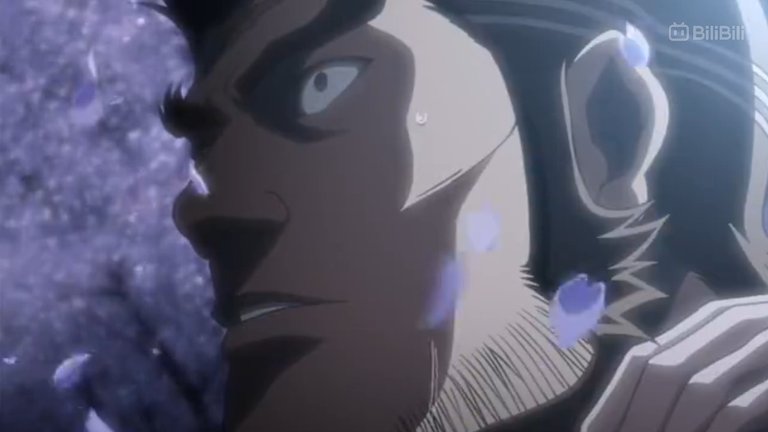
The second story is all about a strong yet weird bandit who had a strange fear for cherry blossoms. He lived in the depths of the mountains, where he kept a harem of wives with him. His life was strangely tranquil then, but it changed when he met a certain beautiful woman. Captivated by her beauty, the man decided to give up everything he had cherished just to have her as his wife. Unsurprisingly, that woman was no ordinary one, and it was too late when he realized it.
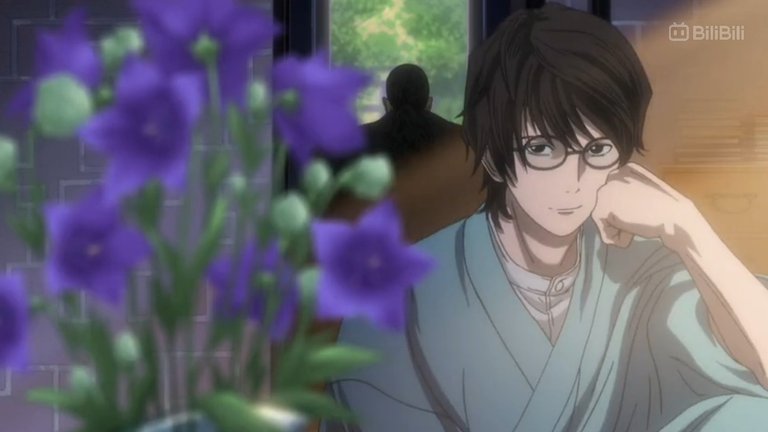
The next one was about the young man who lived with a widow and her daughter. Like the prior story, it started tranquilly, but then tension emerged when the young man invited his friend, who was homeless at that time. Things suddenly got murky when his friend fell in love with the widow's daughter. The once compassionate young man was soon filled with jealousy as he gradually noticed the subtle changes in his friend's demeanor toward the widow's daughter. Will their friendship be ruined by these changes? Or will one sacrifice for the sake of the other's happiness?
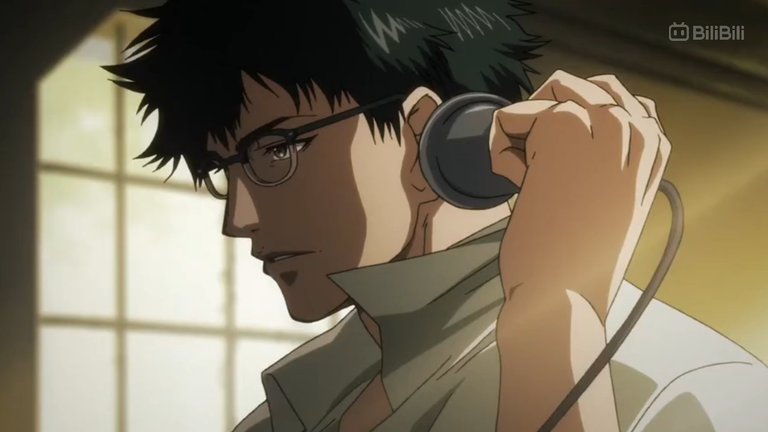
Tasked to transcribe a script for a theater play based on a Greek masterpiece, which is Run, Melos, a playwright struggles to write the dialogues for the play—not because he didn't understand it, but rather because of its theme, which had friendship. He wasn't really fond of his memories about his past friend, whom he once trusted blindly. Still enchained and bitter with his friend's betrayal, he vowed to write plays that would be worthy of his friend's theatrical skills. However, many years have passed and he still hasn't met his friend. The memories of that snowy night, where he waited patiently for a friend who never come with him, haunted him—but is it really painful to be the person who waits? Or is it more painful to be the person who makes others wait?
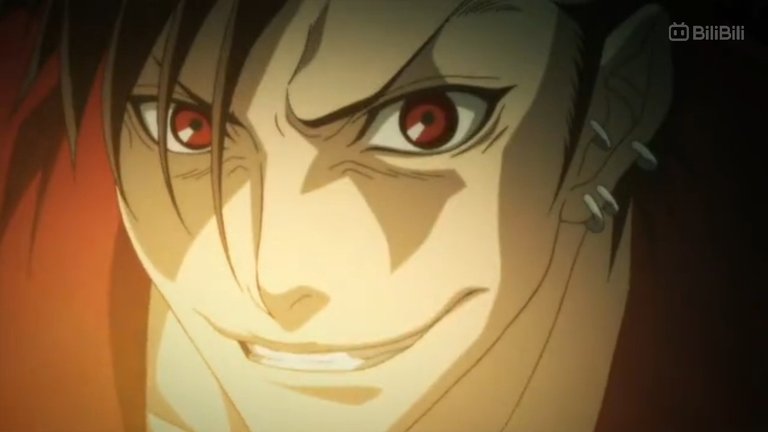
The next story is the only one I've read and am really familiar with, and it's all about the merciless killer who had done a lot of evil deeds in his life. He had killed without any regret—may it be from the rich men to the defenseless poor woman—no one was safe from his bloodthirst. But certainly evil things don't last forever because certainly later he got caught and was sentenced to death. Even in the face of death, he remained arrogant. Plunged into the depths of hell, he only had one way that could save him—a lone good deed that he had done in his lifetime. But will this deed be enough to save his stark soul?
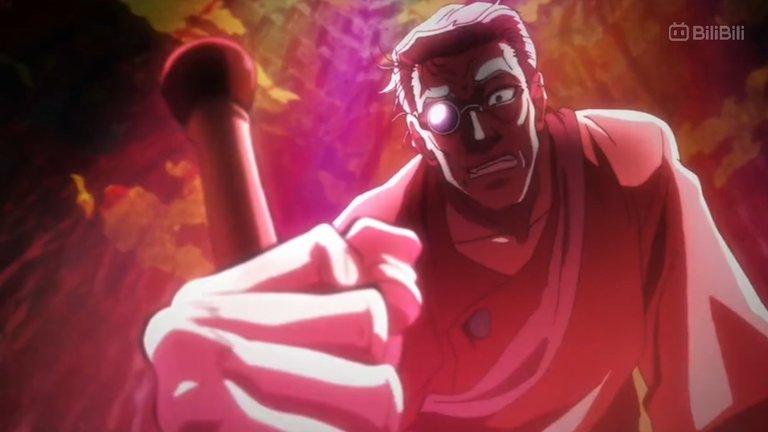
Finally, for the last story, it focused on the painter, who is willing to sacrifice everything for the sake of his art. Ordered by the emperor to paint the sights of their country in the walls of the mausoleum, Yoshihide was determined to portray the scenes in the most accurate and real manner. Witnessing the different injustices and grotesque killings in their country, he and his daughter were willing to even face the fires of hell just to paint the masterpiece they wanted to see. Not caring about what would happen afterwards, they pursued making such a masterpiece, which subsequently angered the emperor. They're both willing to risk it all, and certainly that willingness will be put to the test.
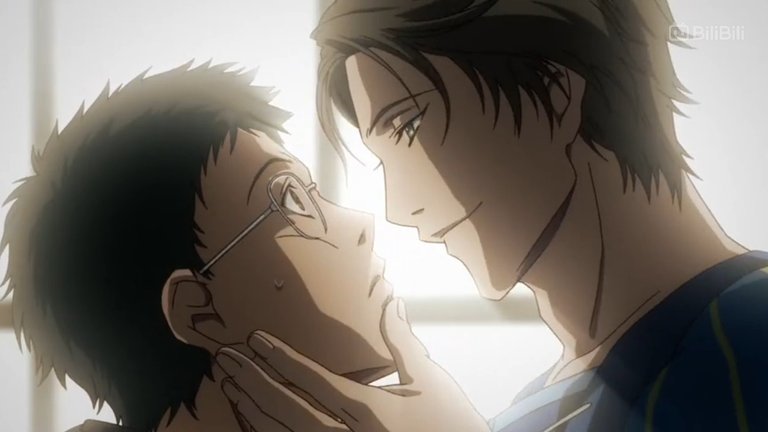
So I pretty much shared almost all of the important parts of the series. For me, each of the adapted stories was interpreted well—may it be a straight adaptation of a story's plot or an interpretation of it. The endings of almost all of the stories were emotionally draining. It really left me melancholic for days because watching them is like taking a peek at the personal sufferings of the authors. It really fascinates me that those stories eerily mirrored their lives, and I was also amazed at how they're able to portray well the high emotions and drama.
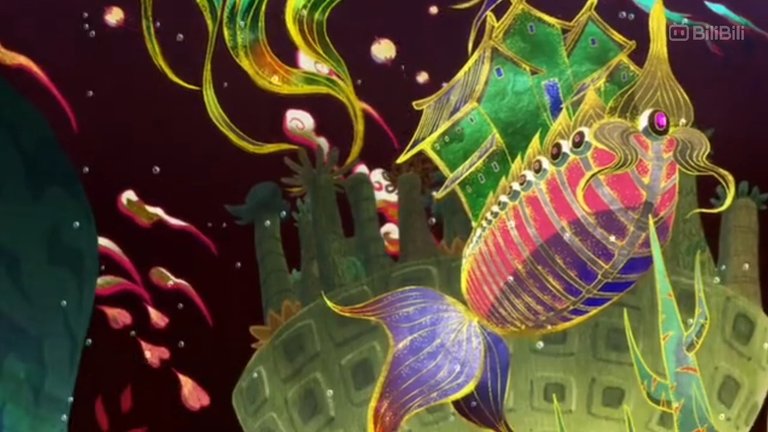
As for its artstyle, I'm not certain if it's the same for all, but they kinda look similar. Maybe it's just the shade and tone that made it look different—yeah, it's definitely the varying shades and color palettes that made each story distinctive. The changes in its color and tone were definitely on point because they adeptly enhanced the mood of each story. As expected from Madhouse, the animation was enthralling. The action scenes were executed smoothly, and the gore was delivered well.
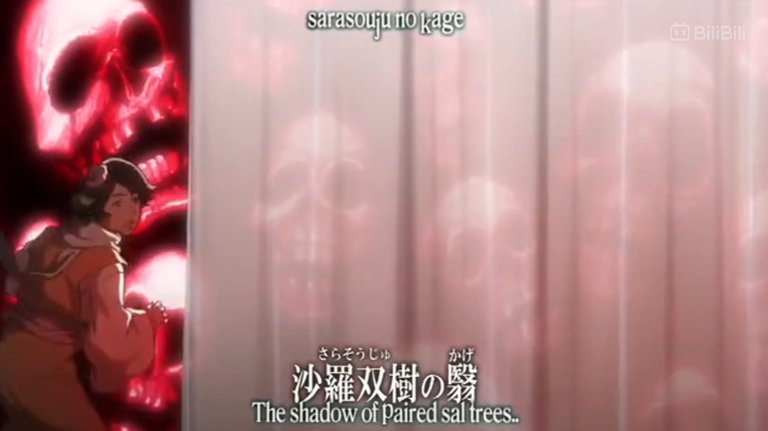
I don't have a major complaint about its overall soundtrack. From the various background music to sound effects, all were chosen well to set the mood of the scenes depicted. The voice actors and actresses really did well in portraying their characters, and it really shocked me when I discovered that a certain va portrayed four of the main characters from different stories. I didn't really notice that it was just the same va portraying those four different characters, and that was really impressive. For me, the ending song was somewhat boring because I'd expected something more affecting, but nevertheless, it evoked some melancholy in me.
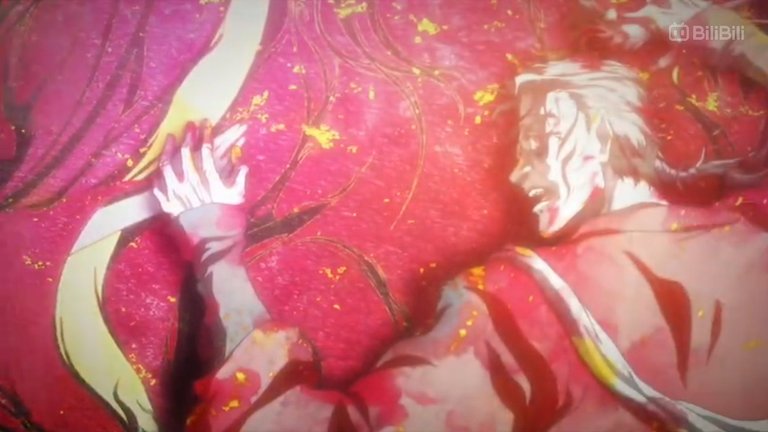
Overall, my personal rating for this anime is 8/10. It's apparent that this series isn't friendly to all audiences, but it's definitely a must-watch if you want to learn more about Japanese culture. So if you're up for an interesting adaptation of Japanese classic literature, then prepare yourself to dive into the dark sides of humanity in Aoi Bungako.
Before I end this review, I gladly share a peek on its first story, so—
Have you already seen this anime before? Or is this your first time encountering this anime? Feel free to leave a comment if this anime intrigued you. That's all for now, minna-san! I hoped you enjoyed reading my review.

Arigatou and tanoshinde ne minna-san~
The pictures that didn't have source were screenshots from the anime while the last picture was edited in Canva.
When i was scrolling for anime i clicked this thinking its light yagami 🤣 then i read it was horror type.. but i still tried to start then a guy explained in the intro .. then i got scared and did not continue it hahaha now that ive seen some of the images its so beautifully drawn I'll consider watching it..
Ahahaha, at first, I also hesitated when I saw a real guy explaining. I thought it would be documentary-type where there would be a little anime part, but thank God—it's just the beginning... until now I still remember what the guy always says during the last part of intro: They are evergreen because they are masterpieces—and I don't know, but I find it quite weird and a little funny haha. Anyway, it's really a nice anime to watch, especially if you're into dark stuff—and yeah, the first mc does eerily look like Light, but he's definitely the unconfident one.
I can't believe I haven't heard about this anime before, it looks so good! Depressing and dark stories also resonate with me a lot so this looks like the perfect thing to watch. Also as soon as I saw the animation style on the pictures it reminded me of Death Note, I love the way it looks.
Thanks for sharing 🖤
Sameeee...The Madhouse really did a good job in adapting those dark and tragic stories, and yeah—the art style was indeed quite similar with Death Note (especially the No Longer Human part). I really loved how they portrayed the heavy scenes—ahhhh it's totally worth watching!
I love the way you connect the dark themes and stories of the authors to their lives. It's impressive how anime can capture such deep emotions. The mix of drama and suspense sounds very appealing, and I definitely appreciate when the animation and music complement the narrative. Nice contribution!
It indeed was! They really portrayed well the characters' expression, and I liked how they adapted those stories in a really emotion-evoking manner. Thanks for the nice comment @jessuses1381! Ja ne~